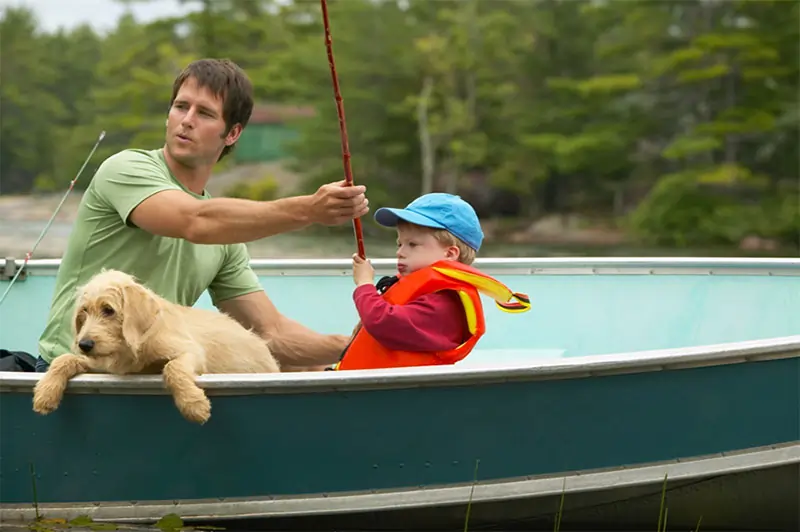Staying Safe On The Water: Boating Accidents And Prevention
Boating can be exciting, but it also carries risks if safety is ignored. Children and families who spend time near lakes, rivers, or the ocean need to understand how accidents happen and how they can be prevented.
Why Boating Accidents Happen
Many accidents are caused by inexperience or distracted driving. Boats require full attention, especially in crowded areas where swimmers, jet skis, and other vessels share the water. Speeding, sharp turns, or failing to spot obstacles like rocks or buoys can quickly lead to collisions. Another common risk is falling overboard without a life jacket, which can be dangerous even for strong swimmers.
Essential Safety Tips for Families
Wearing a properly fitted life jacket is the most important step that children and adults can take. Life jackets should be worn at all times, not just kept on board. Kids should also learn simple rules such as staying seated while the boat is moving and keeping hands inside the boat. Parents can teach children to recognize safety signs and signals, which are often posted at docks and marinas.
Families should also check weather conditions before going out. Sudden storms can make the water unsafe very quickly. Having an emergency plan, such as knowing how to call for help on a radio or phone, can save valuable time if an accident occurs.
Building Awareness Beyond the Boat
Communities often encourage water safety programs in schools to teach children about safe boating habits. Families who wish to support such programs sometimes choose to donate car proceeds to local charities that promote water safety education. Simple actions like these help more children learn how to stay safe around boats.
Boating can remain fun and enjoyable when safety is made the top priority. Teaching children responsible habits early helps prevent accidents and creates lifelong respect for the water. For more information, look over the infographic below.




